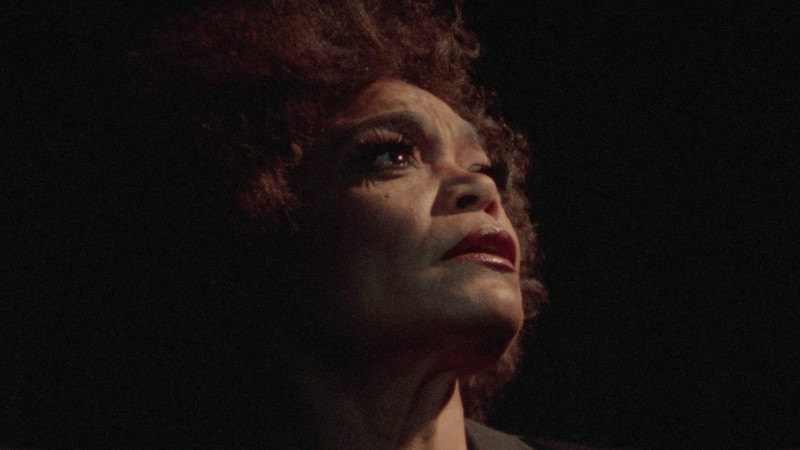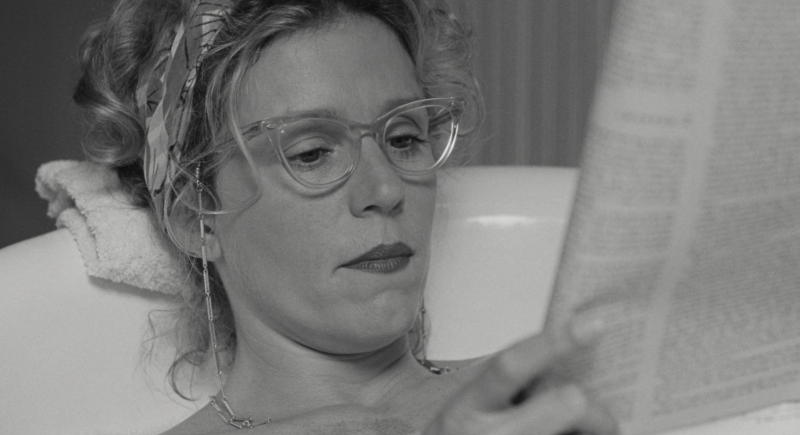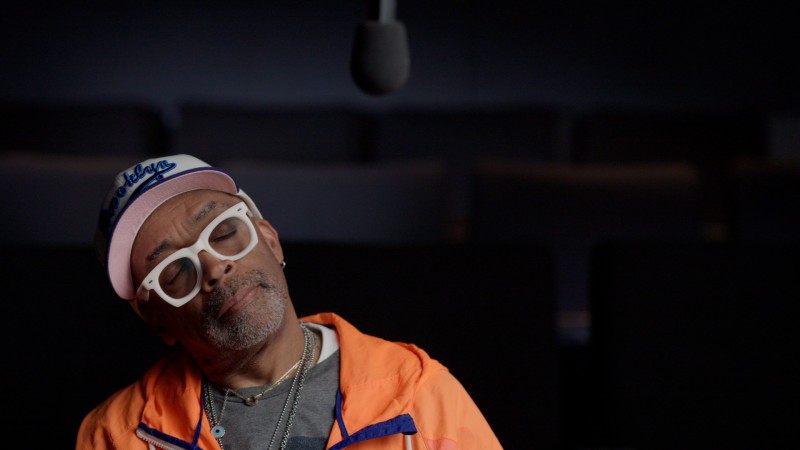Between the Lines of Joan Micklin Silver

“Before I could turn around, my youth was gone.
An old Yiddish lullaby
Let’s chase our youth with horse and carriage.
When I finally catch it under a bridge,
Where the pigeons once rested.
I beg the years, ‘Please come back!’
Even if for a short while.
‘No, no, we cannot go back.
When we were with you,
You should not have embarrassed us.’”
In the F. Scott Fitzgerald novel This Side of Paradise, the woebegone Amory Blaine defines a sentimental person as someone who “thinks things will last” and a romantic person as one with “desperate confidence that they won’t.” Through the prism of that profundity, Hester Street (1975) and a number of Joan Micklin Silver’s subsequent films can be seen as constructing a tragicomic reality wherein those two threads—the comedy of the romantic person, and the tragedy of the sentimental person—are not merely entwined but skillfully braided. All the more fitting, then, that Micklin Silver immediately followed Hester Street (her debut feature) with Bernice Bobs Her Hair (1976), an adaptation of one of Fitzgerald’s short stories.
Fitzgerald's insight can be applied as something like a navigational tool in tracing Micklin Silver’s trajectory, with the contrast between the sentimental and the romantic most clearly distilled in her masterpiece Chilly Scenes of Winter (1979). Her later Jewish American classic Crossing Delancey (1988) catches its heroine Isabelle (Amy Irving) ensnared in a battle of milieus. Is she the sophisticated Upper West Side doyenne of a prestigious literary salon, or is she prey for the Lower East Side’s quasi-shtetl of matchmakers and pickle pushers? Micklin Silver’s work sees one thematic perennial: characters bound up in a perpetual tug-of-war between past and present realities, tradition and modernity, expectation and outcome, the settled and the unsettled, culture and counterculture.
Micklin Silver’s sophomore feature, Between the Lines (1977), an ensemble comedy about deradicalization (or a process of deradicalization), fleshed out the Fitzgerald framework that would be even more fully realized in Chilly Scenes of Winter. Throughout most of the run time, the staff at an alternative, independent Boston free press, the Back Bay Mainline, collectively believes that, somehow, their neverland lives will last, even as the threat of big bad corporate takeover looms. The metaphorical warm memory of a wild, drunken night out that extends—well past any point of practicality—into the wee hours of the morning finally transitions into protracted hangover.





